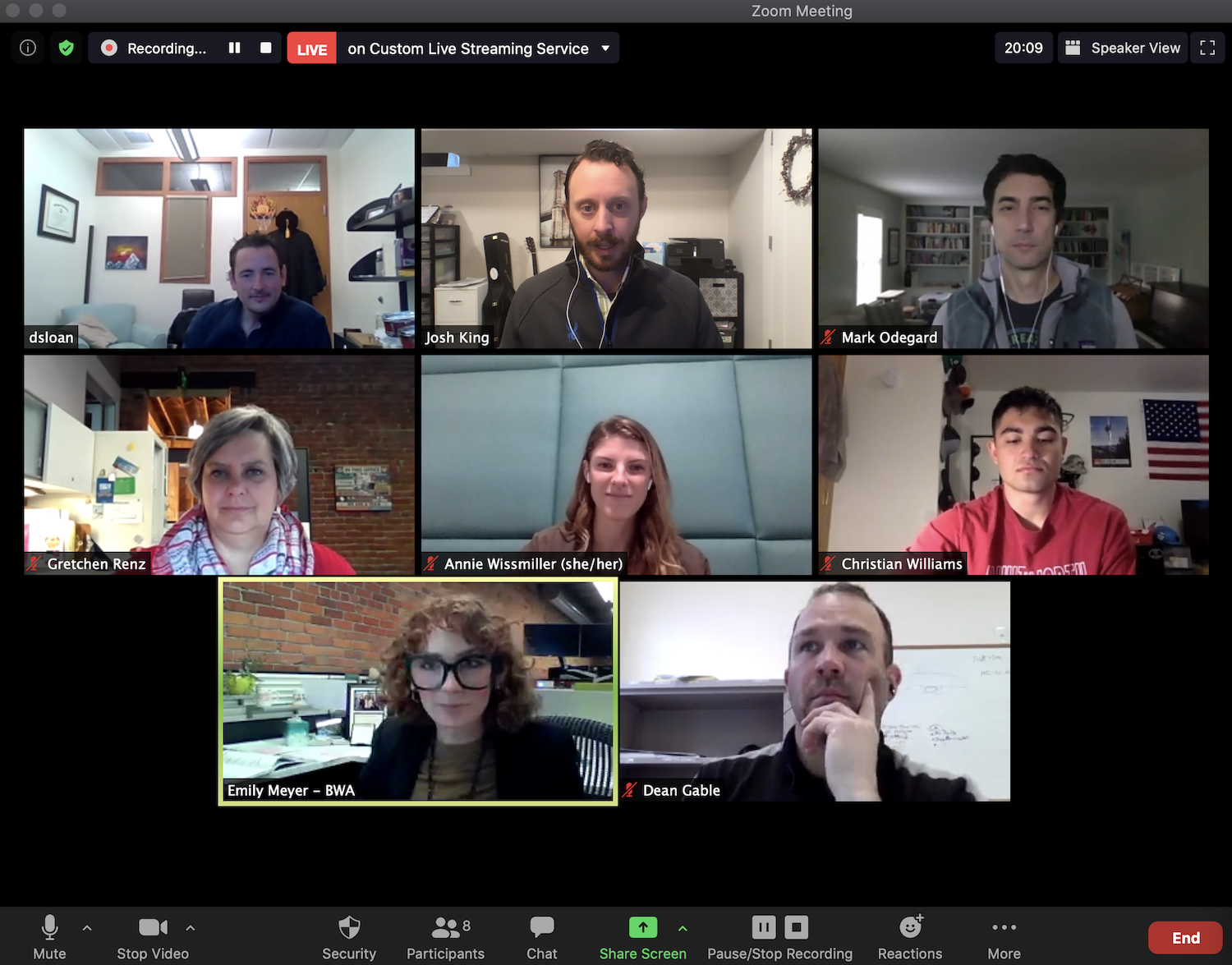David Sloan, a professor at Whitworth University, joined Business Brew on November 5th, 2020, to talk about how to lead your team with Emotional Intelligence.
Here are some of the highlights of what Professor Sloan discussed:
- In a large research study involving 188 global businesses, EQ was found to be twice as important as technical skill and intellectual intelligence, in terms of job performance at all levels.
- At the highest levels (executive levels), nearly 90% of the difference between star performers and average ones could be explained by emotional intelligence factors, rather than cognitive abilities.
- There are multiple other studies at varying levels of organizational size, industry, country, culture, that have produced similar results.
- There is solid research on the benefits of focusing on improving on your strengths rather than focusing all of your effort on fixing weaknesses.
- The idea here is that you can spend all this effort to take one characteristic (say it’s attention to detail) that happens to be a current weakness, and the result is that you get it to mediocre.
- If you take that same effort and focus it on your strengths
- (like the ability to come up with creative ideas, or see the big picture),
- then that same amount of effort would take that strength and make it extraordinary.
- If you take that same effort and focus it on your strengths
- And by focusing on strengths, usually, that pulls the rest of your characteristics up, simply because you are happier and more satisfied with your work, which has a positive impact on your performance.
- The idea here is that you can spend all this effort to take one characteristic (say it’s attention to detail) that happens to be a current weakness, and the result is that you get it to mediocre.
- Self-Awareness: You can recognize how your own feelings affect you, others, and your behaviors (whether in relationships or on the job).
- A self-aware person who knows that tight deadlines make him anxious and frustrated (bringing out the worst in him) would plan his time carefully and get his work done ahead of time.
- Someone with high self-awareness also has an understanding of her own values. For example, she would be confident in turning down a financially tempting job offer if she knew the job didn’t fit her life goals or personal principles.
- Someone lacking self-awareness is likely to make decisions that bring inner tension, and would probably take the job. In the end, the self-aware finds her work to be energizing, while the other feels drained.
Watch the full Business Brew for much more information on Emotional Intelligence.


